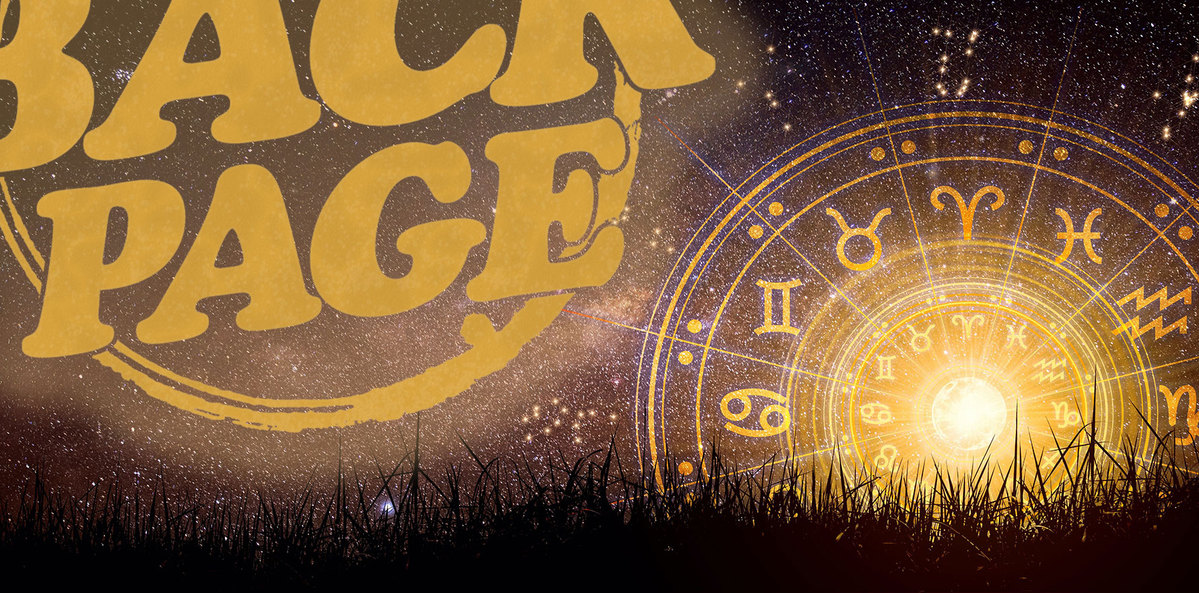Your fate may be written in the stars but good luck reading it.
Your Back Page scribbler has an attitude towards astrology bordering on the contemptuous.
Having said that, there is a grudging respect for those ancients who cast their gazes skywards of a night and thought: “Yep, those stars definitely look like a couple of fish. And that’s got to be a water carrier right there, just to left of that set of scales.”
Not sure what those dudes were imbibing, but it was clearly the good shit.
Of course, our imaginative ancestors had the advantage of being able to observe the stellar spectacle in its pristine form, unpolluted by city lights and industrial smog.
According to a study published in Science, our night skies have, from 2011 to 2022, got on average 9.6% brighter per year, representing a doubling of brightness every eight years.
In fact, our capacity to appreciate the twinkly firmament has now been so compromised that scientists have come up with a fancy name for this condition: noctalgia.
Astronomers have outlined the downside of this “sky grief” in a yet-to-be-peer-reviewed paper, including noctalgia’s impact on human health, circadian rhythms, the ecology and migratory patterns.
This accelerating loss of the home environment of our shared skies represents a loss of science, heritage, millennia-old sky traditions and place-based language, they say in their paper.
But the biggest health impact of this light pollution for humans is the disruption of circadian rhythms, something many a shift worker will tell you can be the worst aspect of toiling through the night hours.
Physiological effects aside, astronomers also argue that noctalgia also represents a cultural loss.
“We are witnessing loss of heritage, place-based language, identity, storytelling, millennia-old sky traditions and our ability to conduct traditional practices grounded in the ecological integrity of what we call home,” the authors write.
A dire warning indeed, and not to be taken lightly.
But we could lose the astrology bollocks and not be any worse off, couldn’t we?
Send horoscopic story tips to penny@medicalrepublic.com.au.


